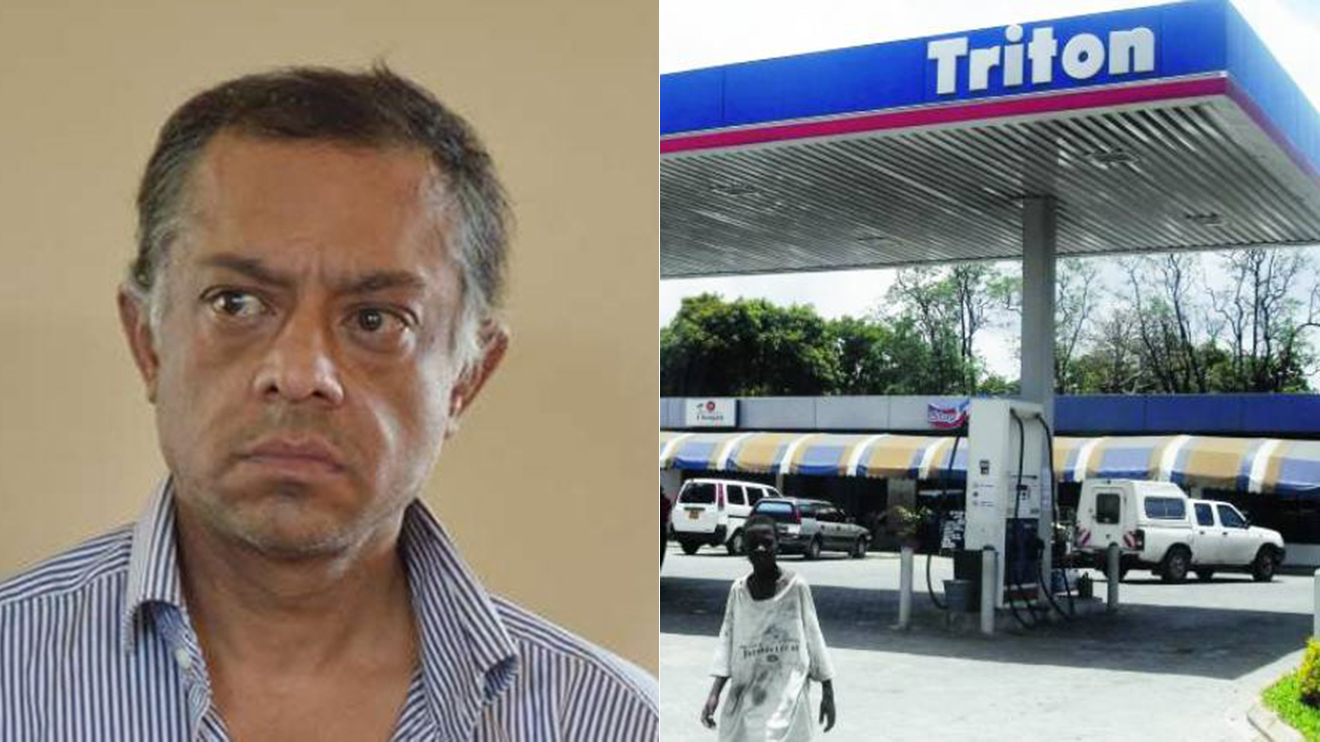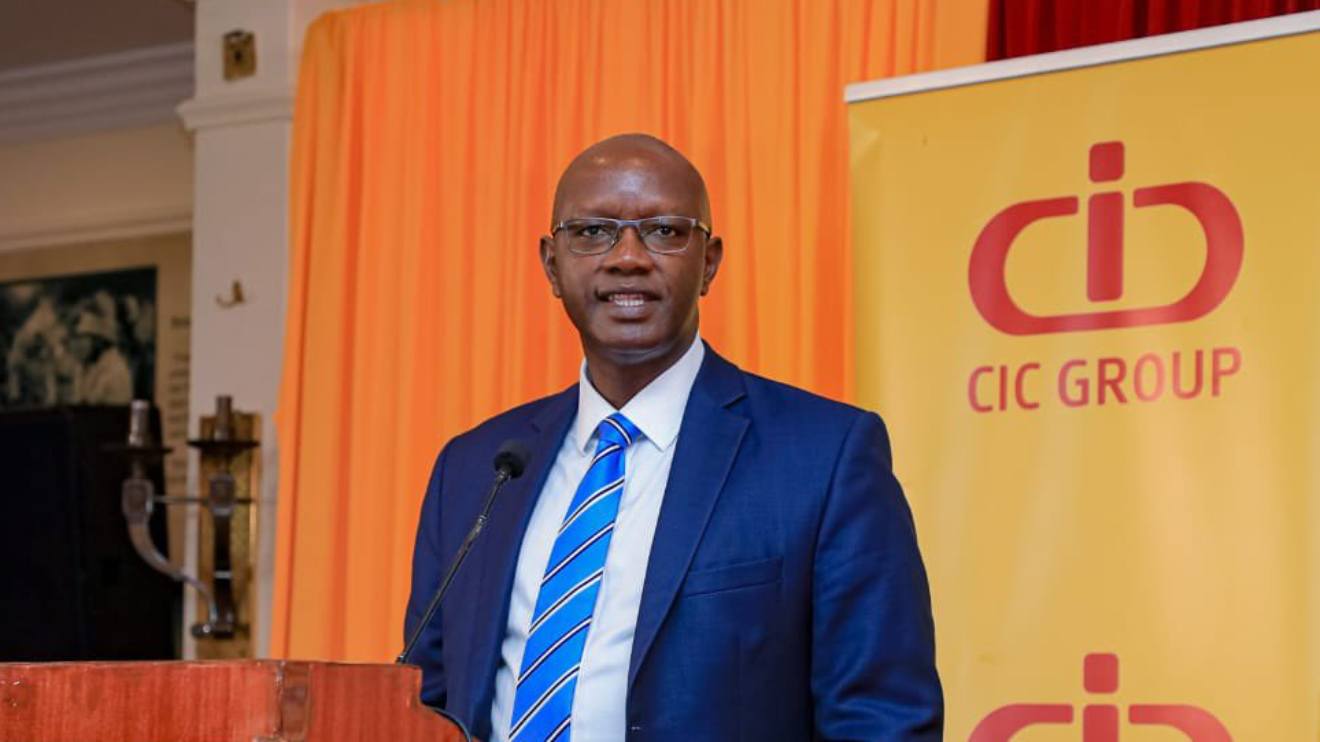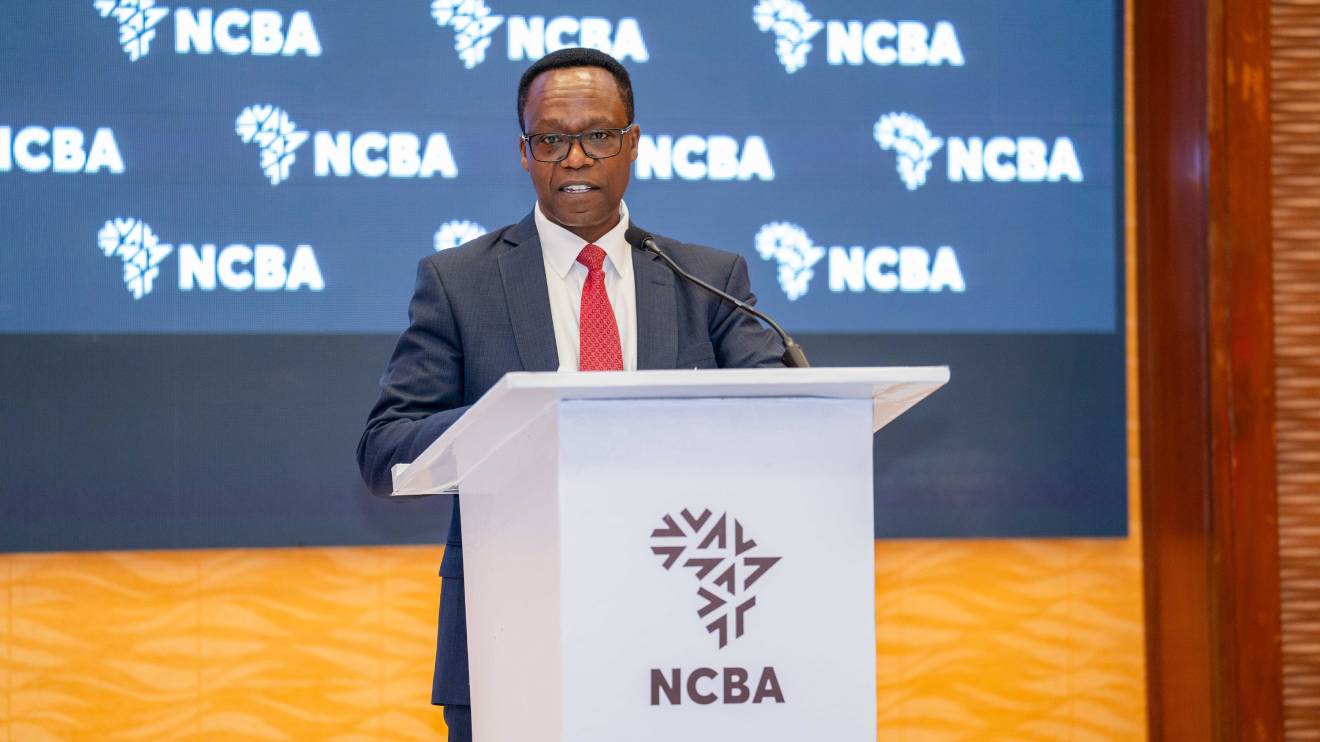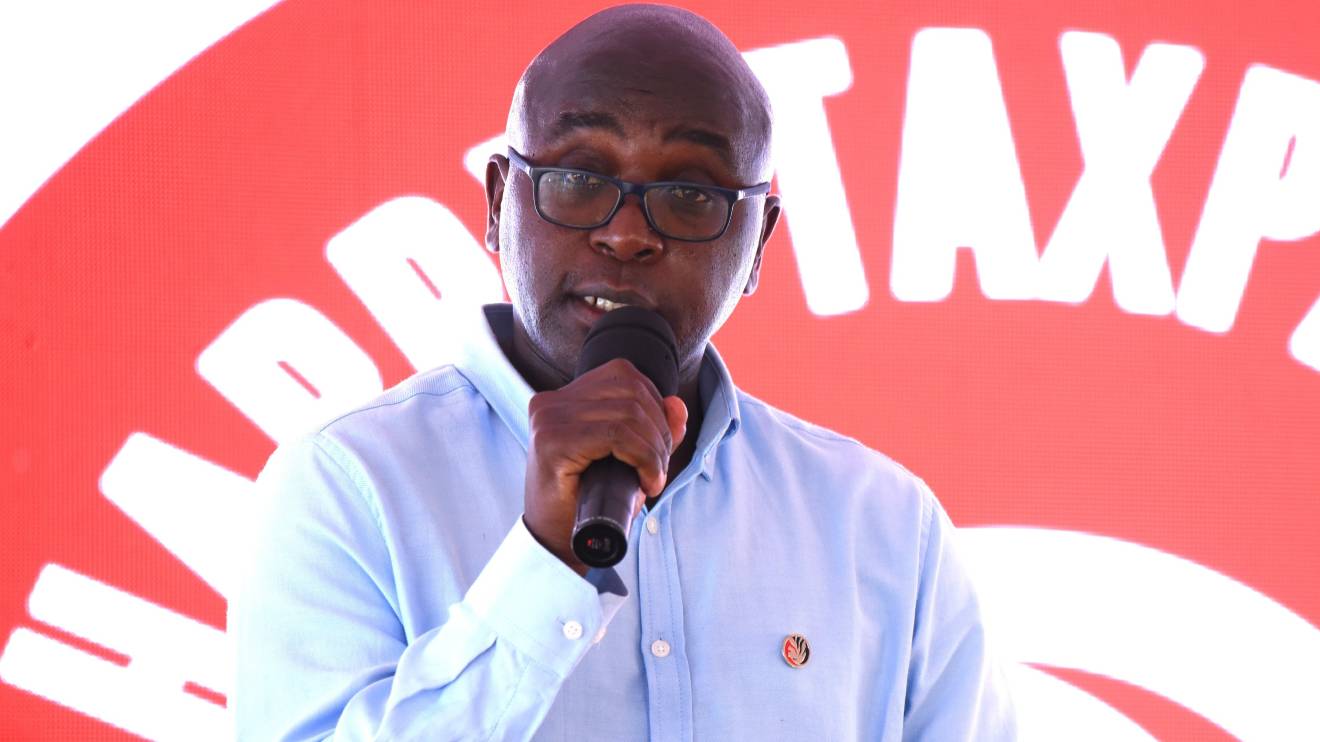Yagnesh Mohanlal Devani, a fugitive businessman cloaked in years of scandal and international intrigue, finally touched down in Kenya last week.
Extradited from Britain after a 16-year chase, he now faces a Nairobi court, charged with a multi-million dollar fuel scam that shook the nation.
Devani, once described as a "shrewd businessman" with "good political connections," stands accused of orchestrating a complex scheme involving jet fuel, stolen funds, and broken promises.
In 2008, his company, Triton Petroleum, secured a lucrative contract to supply oil under a government program designed to support local firms.
But instead of fulfilling the agreement, Devani allegedly diverted the fuel, leaving taxpayers facing a potential loss of over Sh7.6 billion.
Read More
The charge sheet paints a picture of audacious deception. KCB, a Kenyan bank, had financed the deal, entrusting Devani and Triton with millions.
Yet, according to the prosecution, the businessman used the funds to buy fuel, only to vanish with the valuable cargo.
The stolen product, a staggering amount of jet fuel, gas oil, and motor spirit, had been mortgaged to the bank, leaving KCB exposed to a colossal financial loss.
Devani's alleged accomplices, including Julius Kilonzo, Mahendra Pathak, and Benedict Mutua, also face charges.
Mutua, in addition to his role in the fuel scam, stands accused of abusing his office by authorizing the unauthorized release of the oil.
The saga took a dramatic turn when Devani fled Kenya in 2008, leaving his co-accused to face the music.
The Kenyan government, determined to bring him to justice, pursued the fugitive through Interpol and the British legal system.
Finally, in 2020, Devani's attempts to seek asylum in the UK were thwarted, paving the way for his extradition.
Now, Devani stands before the Kenyan court, facing a potential trial and the possibility of long years behind bars.
The case, scheduled for pre-trial directions on February 12, 2024, promises to be a captivating spectacle, unravelling the intricacies of a high-profile financial crime and its long-awaited reckoning.
Devani's return marks not just the end of a lengthy pursuit, but also a potential turning point in the fight against white-collar crime in Kenya.
His case serves as a stark reminder of the consequences of financial malfeasance, even for those who seek refuge across borders.
As the trial unfolds, Kenyans will watch with keen interest, hoping for justice and a sense of closure for a scandal that has haunted the nation for over a decade.


-1756474472.jpg)



-1753733469.jpeg)


